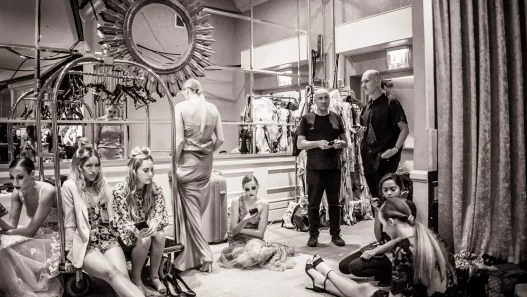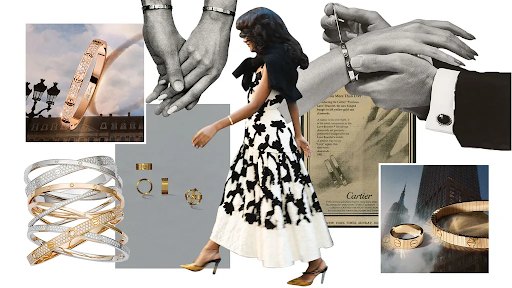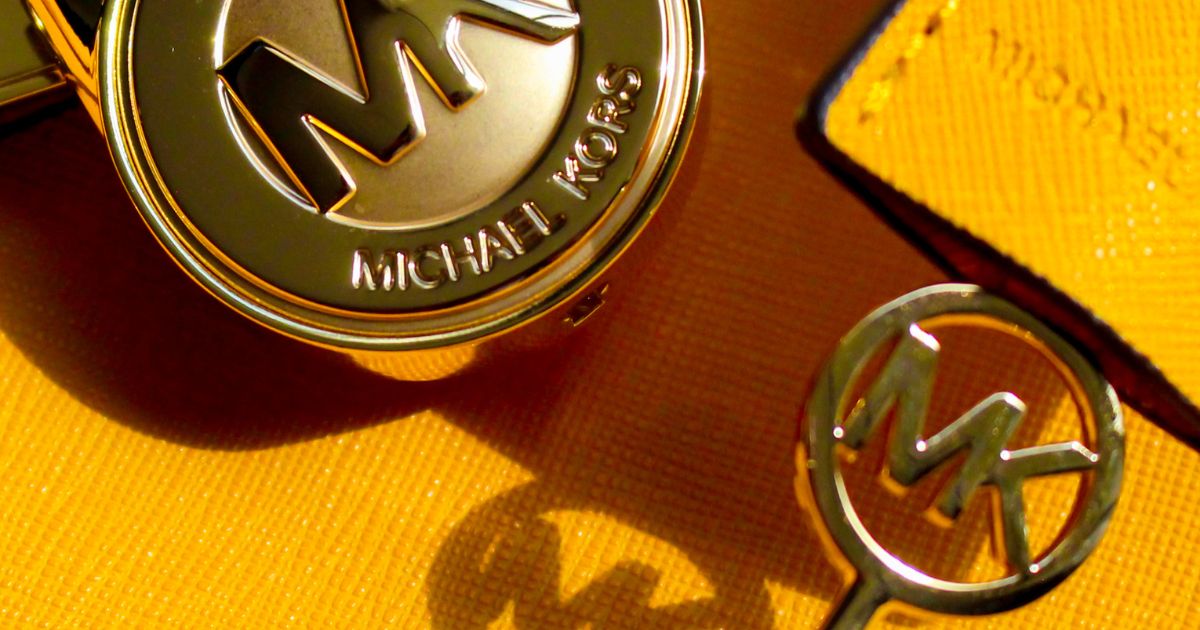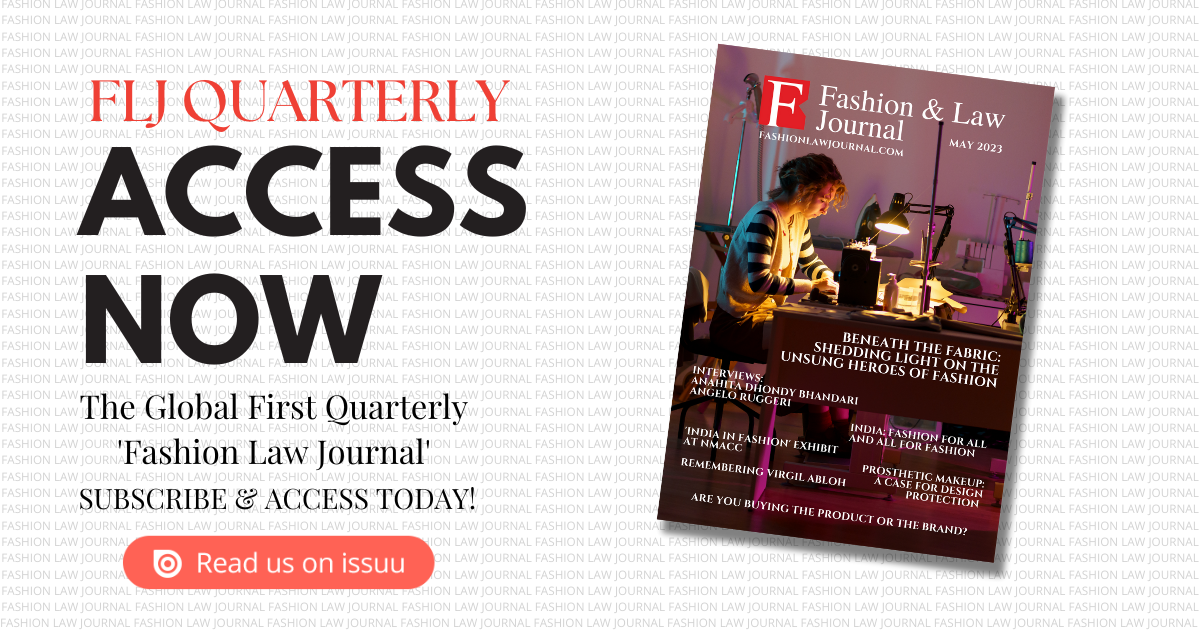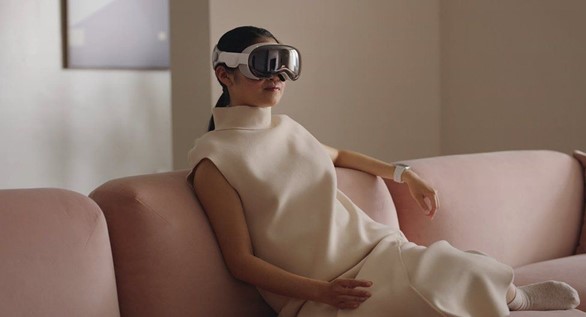Star Athletica, LLC vs. Varsity Brands, Inc.
Issue: Are the graphics copyrightable if printed on a commodity or not?
It is a U.S. court case between two clothing manufacturing companies, Star Athletica and Varsity Brands. The former brand started producing cheerleader uniforms where they used zigzags, stripes, and other designs similar to Varsity and sold them at a lower price. Varsity Brands had more than 200 designs copyrighted, including various line patterns, colours, shapes, etc. As a result of printing one such design on their cheerleading uniforms, Star Athletica was accused of copyright infringement.
Holding:
District court gave a judgement that designs cannot be separated from the products physically or conceptually, hence they could not be granted copyright protection. However, the Sixth Circuit stated that since any type of graphics and products can be clearly distinguished from one another and allowed to exist separately. It also states that any design can come under copyright ambits if when separated from the product could be depicted in a pictorial and sculpture form
Louis Vuitton vs. My Other Bag
Significance: This case established the way for all of those goods and names that were subject to parodies.
My Other Bag is a company that sells canvas tote bags with “My Other Bag” printed on one
side and pictures of renowned handbags from high-end brands like Chanel, Fendi, and Louis Vuitton on the other. Louis Vuitton took offence at the former company’s products and filed a lawsuit, claiming trademark infringement and dilution, among other things. According to the side of the defendant, Louis Vuitton has consistently behaved like a trademark bully within the industry based on past acts. On the other hand, Louis Vuitton maintained that its activities support the strategy of aggressive defence of its intellectual property.
Holding:
On all of Louis Vuitton’s claims, the district court granted My Other Bag summary judgement, concluding that because its products are parodies and not actual products, neither trademark infringement nor dilution had occurred. Additionally, the court pointed out that the defendant’s use of designer marks didn’t come under trademark infringement since the tote bags were no competition nor of same quality as the plaintiff’s designer bags which would lead to confusion among customers. And lastly, since the defendant merely used the mark to convey that the tote bags were not a substitute for the designer handbags, the court found that the defendant’s use of the plaintiff designer’s copyrighted mark did not amount to copyright infringement.
Puma vs. Forever 21
Issue: Should the court grant the motion of Forever 21 to dismiss?
Puma filed a lawsuit against Forever 21- a retail fast fashion brand claiming that the designs of the shoes created by Forever 21 were similar to those created by Puma’s Creeper Sneakers, Fur slide and Bow slide under the Fenty collection (designed and marketed in collaboration with celebrity Rihanna Fenty).
The causes of action include-
1- Design patent infringement
2- Federal trade dress
3- Copyright infringement
4- Federal false designation of origin
5- State unfair competition
However, Forever 21 argued that because the designs date from the mid-twentieth century, they should be partially excluded from the case against Puma.
Holding:
The court rejected Forever 21’s request to have the case dismissed for violating a design patent. However, the Lanham Act allegations for unfair competition, false designation of origin, and trade dress infringement, as well as the UCL case, were all dismissed by the Court with leave to amend.
Forever 21 vs. Gucci
Issue: Stripes
In 2017, Gucci threatened Forever 21 to sue them if they don’t stop selling blue-red-blue and green-red-green striped items, which were Gucci’s identity designs and were also trademarked by the brand. However, it was Forever 21 who went to the US District Court with a plea to cancel various Gucci trademarks, quoting that stripes are too common to be trademarked and many fashion designers incorporate them as decorative elements into their clothing and accessories.
Gucci responded by claiming that Forever 21 is in fact pretending to be the victim of unfair competition. But Gucci has suffered significant sales losses as a result of this infringement. Following which they asked the court to dismiss the case. Their request was denied.
Holding:
The Court recognised the validity of both of Forever 21’s claims. They added that trials should be used to decide these claims. On November 21, 2018, these two fashion labels made a decision to resolve their disagreement. The settlement’s specific terms have not yet been made public.
Adidas vs. Skechers
Adidas is an athletic-shoe and apparel manufacturer and Skechers is a brand in the same industry. Adidas filed a lawsuit against Skechers for infringement. Adidas presented that Sketchers had copied two Adidas shoe designs, the “Onix” model from Skechers violated the trade dress of Adidas’ “Stan Smith” shoe, while the “Cross Court,” from Skechers, violated Adidas’ “Three-Stripe” trademark.
Adidas also sued Sketchers for infringement of the concept of “Springblade” shoes. Skechers came up with its “Mega Flex” shoe that contains the “Mega Blade 2.0″ having numerous similarities with the Adidas product.
Holding:
The court granted a preliminary injunction in favour of Adidas and ordered Skechers to stop the production and sale of the three products. The court stated, The product is clearly influenced by that of its direct rival,. Nobody can tell the difference between the two items either.
Skechers appealed.
Chanel vs. Amazon Sellers
Issue: Counterfeits
Chanel, the French Fashion House, filed a multi-million dollar trademark infringement lawsuit against multiple amazon sellers who made money by selling fake copies of Chanel lodged items. The French Fashion House seeked $2 million from each Amazon seller for the trademark infringement.
Holding:
The court ordered each of them to pay $100,000 as fine.As a result of the complaint, Amazon must disable the stated stores and remove pictures of Chanel knockoffs.
Sales Associates vs. Forever 21 and Gucci and Sterling jewelers and Wal-Mart:
Issue: Worker harassment, Discrimination , negligence
There have been a number of worker claims filed against some of the biggest and most recognisable stores and brands, and none of them appear to be close to being settled. A hidden camera allegedly installed in a toilet used by employees of Forever 21 was only found after a video of one former salesperson surfaced online. A former Gucci salesperson claims she was helpless to stop her shop boss from harassing her sexually and engaging in disturbing encounters.
This was furthered by a declaration made by the company’s first female CEO of Sterling Jewellers, who claimed that she had endured harassment by the male executives on numerous occasions. Additionally, Wal-Mart stores Inc. is once more charged with routinely paying and promoting women more than men in its stores.
Holding:
According to the court, 4.6 million workers in the United States, particularly in the retail sector, were women. As a result, the court determined that these businesses must have sufficient policies in place to protect women from harassment and discrimination based on gender.
Ritika Private Limited vs. Biba Apparels Private Limited
This case revolves around copyright infringement and registered design. Ritika Private Ltd filed a case against Biba Apparels stating that the latter had copied designs and work of the plaintiff which plaintiff had been selling under the brand “Ritu Kumar”. The former claimed to be its first owner and stated that the accused had earned profits by selling the designs under their name without any permission.
The defendant, on the other hand, refuted the plaintiff’s claims and assertions, claiming that the plaintiff had never registered the disputed design. They claimed that because it had been manufactured more than 50 times, Section 15(2) of the Copyright Act would bar the lawsuit and that this would not constitute a copyright infringement.
Holding:
The key argument made by the Hon’ble Court in this case was that a single design loses its protection under the Copyright Act after being produced more than 50 times.
The court affirmed that the design must be registered under the Designs Act in order to be protected; otherwise, once it is produced more than 50 times via an industrial method, the design would no longer be protected by copyright.
Since the dresses were produced through the industrial process of using the design or sketch, the court found that the defendant had not violated any copyright. There was no instance of the defendant attaching a print from the plaintiff’s artwork to clothing.
Christian Louboutin vs. Mr. Pawan Kumar & Ors.
Issue: Whether the defendant is passing off its products to that of the plaintiff?
Christian Louboutin SAS, footwear and accessories brand, stated that they had trademarked “RED SOLE”. The mark was a specific colour of red that the footwear brand applied to the sole of the ladies footwear they manufactured. The Plaintiff sued Abubaker and some other shoe outlet owners against the infringement of its trademark, passing off, damages etc. as they were using the same red colour for the sole ladies footwear they produced. The Plaintiff also requested for a judgement against the defendants as well as a payment of Rs. 1,000,000 as compensation for the loss of sales, reputation, and goodwill of the plaintiff’s trademarks brought on by the defendants’ unlawful conduct.
Holding:
The case’s judge rendered a decision in the plaintiff’s favour. Punitive damages were granted by the court to the plaintiff against the defendant for misrepresenting the plaintiff’s items as being the defendant’s.
People Tree vs. Dior
People Tree is a small scale Indian business that handprints its own textiles. It recently sued French luxury fashion house Christian Dior for the act of plagiarism of designs. In the lawsuit, the plaintiff claimed that the defendant had copied several block printing designs that the plaintiff had created with the help of some Rajasthani artisans.
Holding:
The issue in this instance was that Plaintiff used a “Dabu” technique that offered no GI protection. Defendant in this instance very skilfully exploited this weakness, giving Plaintiff no legal options.An out-of-court settlement has been reached between Indian design firm People Tree and French luxury brand Christian Dior.
Conclusion:
Fashion industry has always and will be ever growing and developing on a tremendous scale.Thus, tighter rules are needed if fair play is to continue in this profession. In addition to causing financial losses, the possibility of copying and counterfeiting discourages designers from coming up with anything fresh and original. Piracy destroys creation and so, fighting piracy is of utmost importance. These case studies thus highlight the value of intellectual property law in the fashion sector and its implications in the current era of globalisation.
Author: Trisha Varaiya




